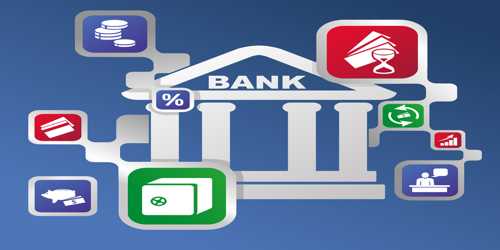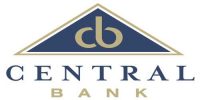The person who performs the banking activities such as accepting of deposits, lending money, withdrawing facilities, exchanging of money is known as a banker. In other words, the person who directly related to the banking business is called banker. Banker manages all the activities of a bank.
Executor = the person/s or organization who is named in a will who serves as basically a “financial manager?” (similar to a trustee), to manage the estate’s assets, pay debts/taxes, file tax returns, and deal with the beneficiaries.
Trustee = the person/s, or organization who serves as basically a “financial manager” to manage the trust assets, pay debts/taxes; file tax returns, and deal with the beneficiaries.
Trustor = also called grantor; also Called settlor; means the person or persons who established the trust.
A trustee is basically a “financial manager”, a “fiduciary” who is acting on behalf of the Trustor/s to carry out the trust instructions. There will be one or more beneficiaries.
The trustee should follow the trustor’s instructions but may have some discretion as to how to use trust assets on behalf of a beneficiary.
A trustee should –
- be impartial (not favor one beneficiary over another; unless the trust instructs a trustee to do so, such as giving a particular beneficiary the first right to purchase the home, first right to purchase a vehicle, or other such specific direction),
- be respectful to the beneficiaries,
- be loyal to the beneficiaries (acting in the beneficiaries’ best interests but this doesn’t mean that you must always do what a beneficiary requests),
- be honest with the beneficiaries and others the trustee deals with avoid self-dealing (such as purchasing assets from the trust, or selling his/her assets to the trust), unless fair to the trust and approved by the beneficiaries,
- be up-to-date in keeping records of trust assets, payments, and distributions,
- be prompt in providing information to the beneficiaries,
- be prompt in filing tax returns,
- be respectful, communicative, and cooperative with any co-trustees,
- be the one to make decisions (along with any co-trustees).














